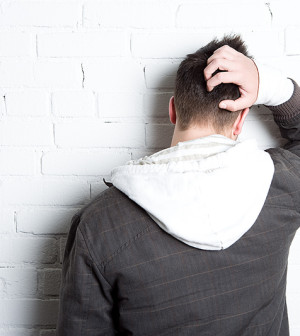Don't Miss
- Could Artificial Sweeteners Be Aging the Brain Faster?
- Techniques for Soothing Your Nervous System
- Does the Water in Your House Smell Funny? Here’s Why
- Can a Daily Dose of Apple Cider Vinegar Actually Aid Weight Loss?
- 6 Health Beverages That Can Actually Spike Your Blood Sugar
- Treatment Options for Social Anxiety Disorder
- Understanding the Connection Between Anxiety and Depression
- How Daily Prunes Can Influence Cholesterol and Inflammation
- When to Take B12 for Better Absorption and Energy
- Epsom Salts: Health Benefits and Uses
Health Tip: Treating Poison Ivy
By LadyLively on June 25, 2015


If you’ve been exposed to poison ivy, a few suggestions can help ease the itch, prevent the rash’s spread and reduce your risk of skin infection.
The American Academy of Dermatology suggests:
- Immediately after possible exposure, use soap and lukewarm water to wash the skin. Avoid scrubbing areas already laden with a poison ivy rash.
- Remove all clothing that could have touched the plant, and wash immediately.
- Use lukewarm soapy water to wash anything that may have touched the plant, including gardening tools, golf clubs, pet fur or pet leashes.
- Don’t scratch the area, since doing so could lead to a skin infection. Don’t rub or remove peeling skin.
- Soothe itchy skin with a short, lukewarm bath in colloidal oatmeal or baking soda. Then apply calamine lotion or hydrocortisone to help ease itching.
- Use a cool compress to soothe itchy skin, or take an oral antihistamine.
Source: HealthDay
Copyright © 2026 HealthDay. All rights reserved.










